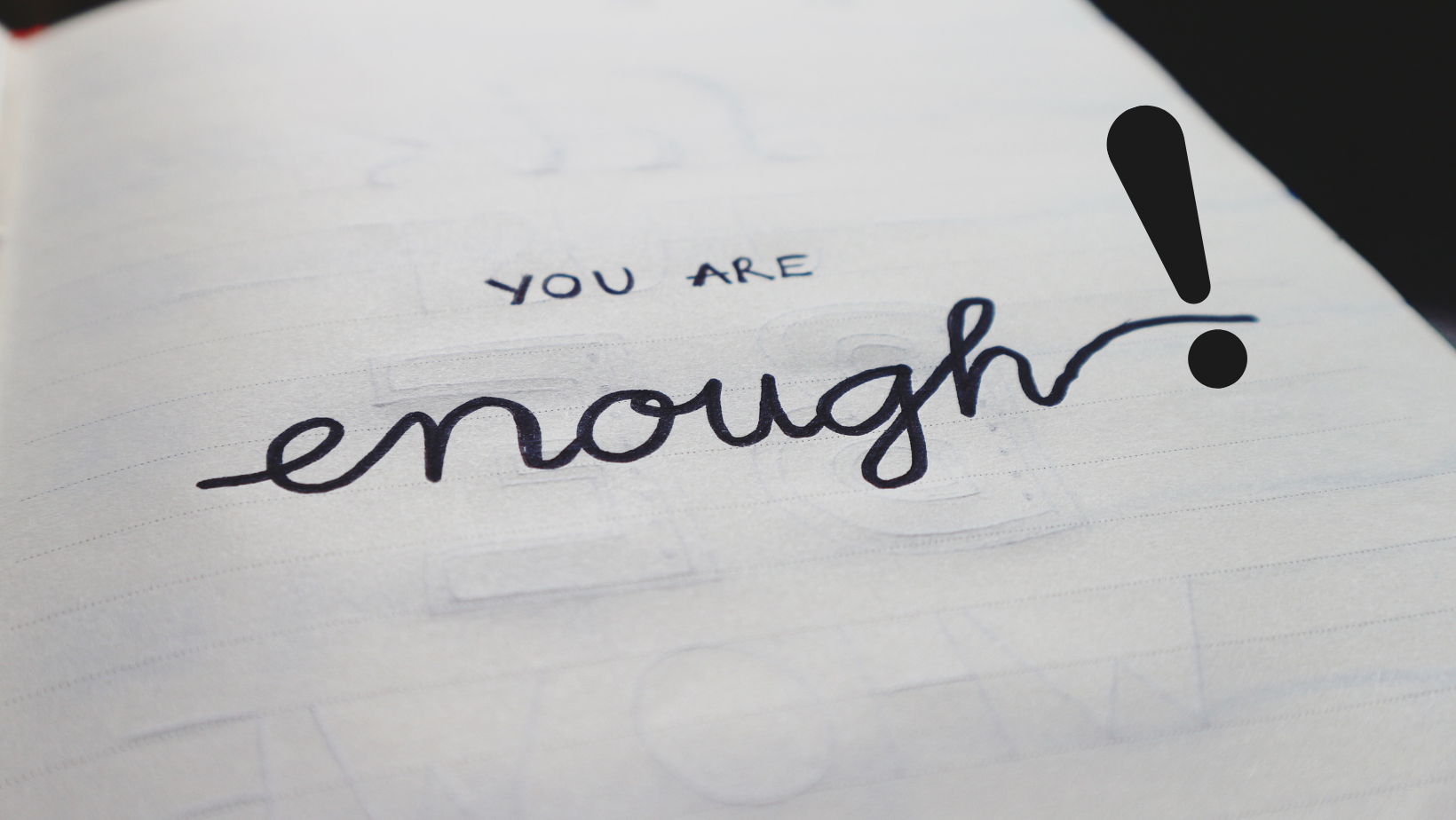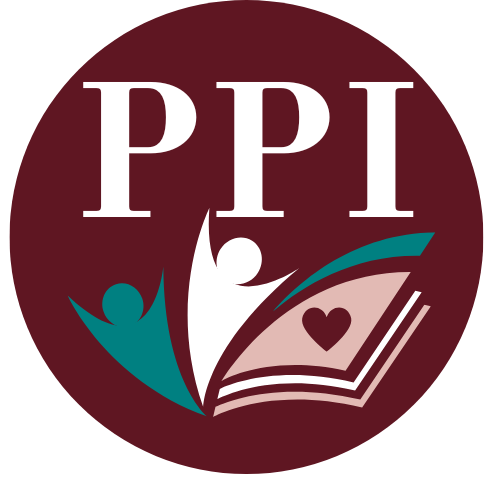Want to create but find yourself feeling overwhelmed and unsure where to start? You’re not alone. Many aspiring writers and content creators find themselves paralyzed by too many ideas, self-doubt, or lack of direction. But history has shown that even the most successful women once faced these same struggles—and conquered them. Let’s explore the story of an inspiring woman who overcame overwhelm and lack of direction to create powerful, lasting content.
Ava DuVernay – Finding Her Path Through Action
Have you watched the movie Selma? Selma is a powerful historical drama directed by Ava DuVernay, released in 2014. It depicts the 1965 Selma to Montgomery voting rights marches led by Dr. Martin Luther King Jr. The film was critically acclaimed for its emotional depth, historical accuracy, and compelling performances.
Ava DuVernay’s Journey to Selma
Ava DuVernay started her career in film after working in journalism and PR. She didn't attend film school, but her passion for storytelling led her to create her first feature, I Will Follow (2010), followed by Middle of Nowhere (2012), which won her the Best Director award at Sundance—making her the first Black woman to win that honor.
Her independent filmmaking style, focus on racial justice, and deep empathy for Black experiences made her the perfect director for Selma. Her completed work is a testament to her determination, resilience, and refusal to let obstacles hold her back. She wasn’t handed opportunities—she created them. Because of her hard work and determination Selma received an Oscar nomination for Best Picture and won Best Original Song for "Glory" by John Legend and Common.
Overcoming Roadblocks on the Way to Selma

Choosing Action Over Overwhelm
Ava DuVernay never let frustration or the enormity of her goals paralyze her. Instead, she embraced a mindset of movement—always taking the next step forward, no matter how small. Whether it was self-funding a film, rewriting scripts under pressure, or advocating for herself and others, she refused to let external obstacles define her path. Her story is proof that when the doors don’t open, you build your own.
How You Can Overcome Overwhelm and Lack of Direction
If Ava could push past overwhelm, so can you. Here are 7 ways to move forward when you feel stuck:
1. Start Small
Don’t try to tackle an entire book, blog series, or course at once. Start with one page, one post, or one video.
2. Set Micro-Goals
Break down your project into smaller, manageable steps. Celebrate small wins to build momentum.
3. Limit Distractions
Create a dedicated time and space for your work. Turn off notifications and set boundaries with family and friends.
4. Adopt a “Done is Better Than Perfect” Mindset
Perfectionism can paralyze you. Focus on finishing, then refine later.
5. Find an Accountability Partner
Having someone to check in with can keep you on track and motivated.
6. Trust the Process
You don’t need to have it all figured out before you start. Learn as you go.
7. Remember Your Why
Why do you want to create content? Who will benefit from your words? Keep this at the forefront to stay motivated.

Take the First Step Today
Overwhelm and lack of direction don’t have to hold you back. The most successful creators once felt the same way—but they took action anyway. Start with one small step today, and trust that clarity and confidence will come with time. Your content matters, and the world is waiting for your voice.
Blessings,



